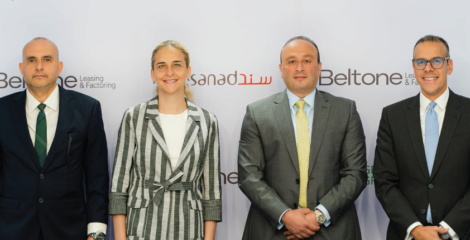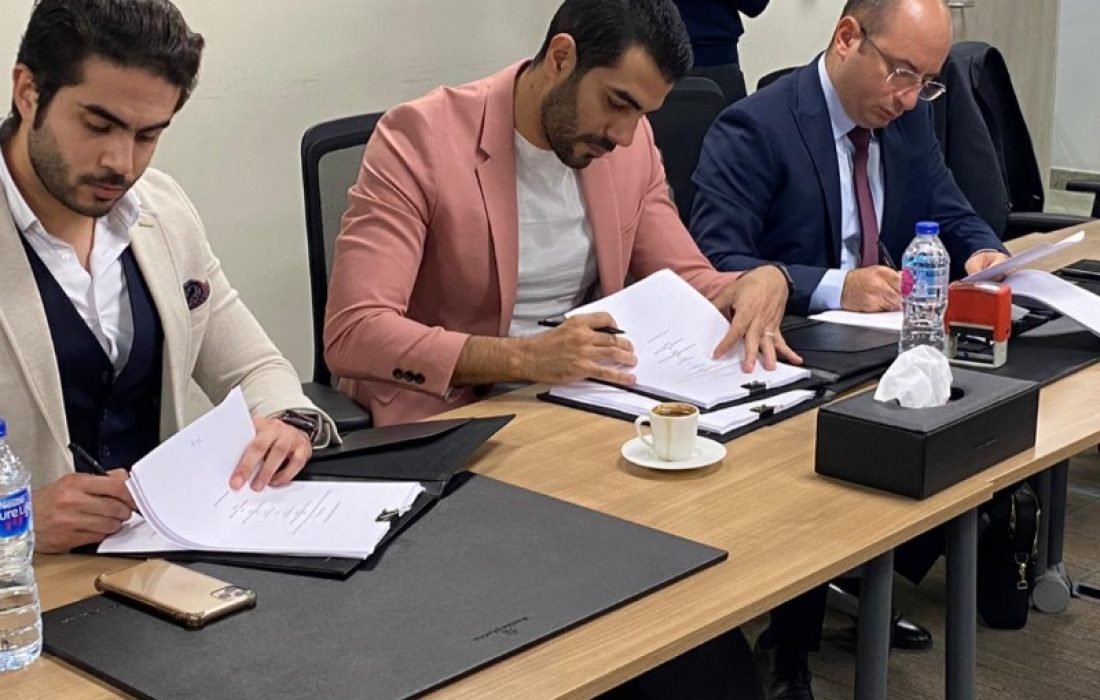Egypt’s Finance Ministry launched the first phase of E-invoicing system with 134 companies logging in their invoices starting today. Companies enlisted into the portal in this first phase include multinationals Nestlé, Procter & Gamble, Oracle, and Coca Cola. Also included are local heavyweights Elsewedy Electric, Ezz Steel, Raya, and MM Group.
These companies must obtain an E-Seal and create an account where they register their products and services to the Tax Authority’s platform. Through their account, they log all of their invoices which the authority verifies before sending a notification to the recipient. The authority will then be able to track each transaction back through the customer’s regular tax filings, which will include the invoice.
By 2023, the government plans for all invoices to be electronic and registered within the system, whether issued to companies or individuals.
The main reason for this is to stop companies and individuals from tax evasion. Additionally, it is a significant step in the modernization of the tax system and will raise the efficiency of tax examinations. This will contribute to reclaiming the rights of the state’s public treasury in a way that helps the nation achieve financial and economic goals. Legal measures will be taken against companies that refuse entry.
“The application of the system aims to eliminate the black market and the informal economy, and to achieve the principle of equal opportunities and justice between companies operating in the Egyptian market, and to facilitate and accelerate tax procedures. The Ministry of Finance and the Tax Authority provide all facilities and support to companies for the mandatory joining of the E-invoicing system,” said Mohamed Maait, Egypt’s Minister of Finance.
The informal economy, represented by SMEs and micro-sized enterprises, is not subject to quality regulation or tax supervision. Egyptian economists estimate the size of the informal economy in Egypt at $395 billion, approximately 50% of the country’s economy.
If you see something out of place or would like to contribute to this story, check out our Ethics and Policy section.














